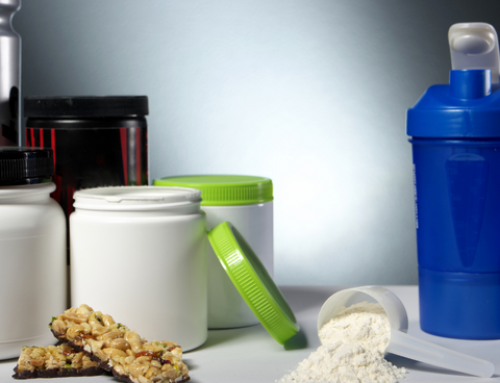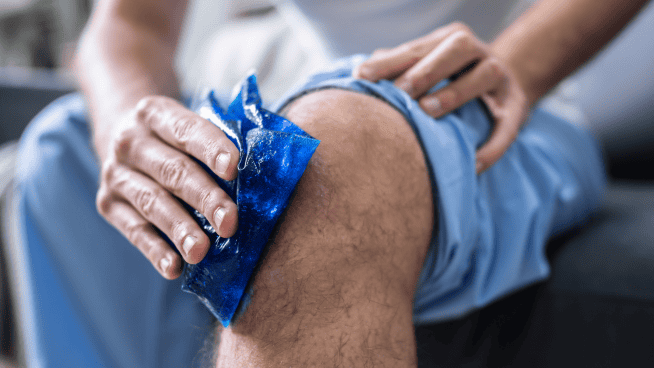Do You Need Workout Supplements?
Athletes are always looking for a magic supplement to get a step ahead of their competition. While some workout supplements are effective, the question remains whether you need them at all. (Ask these questions before taking a supplement.)
The latest and greatest supplements on the market are designed to be taken before or during a workout. They typically contains carbs, amino acids and sometimes caffeine. The goals are to provide energy for a quality workout and support muscle growth.
The problem arises when trying to digest supplements during a workout. The stomach requires a certain amount of blood flow to function properly. During exercise, blood flow is primarily used to supply the muscles with oxygen. Supplements that contain artificial sweeteners, such as sucralose or aspartame, and caffeine can cause serious stomach discomfort or even cramping.
So unless you’re working out for multiple hours, there’s no real need to supplement before or during a workout. Focus on eating a pre-workout meal—containing lean protein, low-glycemic carbs (such as oatmeal) and a bit of fat—two to three hours beforehand. Then, 15 minutes beforehand, have about 25 grams of fast-acting carbs, such as a banana. (Learn the 5 elements of pre-workout nutrition.)
After your workout, you don’t have to worry about stomach issues, so this is a better time to take a workout supplement. Within 30 minutes after your workout, your muscles are primed to get bigger and stronger. You need to feed them amino acids, the building blocks of muscles, and replenish your energy stores. The best option is to consume about 20 grams of whey protein and 40 to 80 grams of fast-acting carbs. Then follow this with a complete and balanced meal about one hour later.
Note: If your workout is a high-endurance activity lasting up to two hours, like hockey practice, consume some carbs, like Gatorade, and quick-digesting protein or branched-chain amino acids, midway through practice. This minimizes muscle breakdown due to energy loss during your workout.
RELATED: The Best Pre-Workout Supplements
RECOMMENDED FOR YOU
MOST POPULAR
Do You Need Workout Supplements?
Athletes are always looking for a magic supplement to get a step ahead of their competition. While some workout supplements are effective, the question remains whether you need them at all. (Ask these questions before taking a supplement.)
The latest and greatest supplements on the market are designed to be taken before or during a workout. They typically contains carbs, amino acids and sometimes caffeine. The goals are to provide energy for a quality workout and support muscle growth.
The problem arises when trying to digest supplements during a workout. The stomach requires a certain amount of blood flow to function properly. During exercise, blood flow is primarily used to supply the muscles with oxygen. Supplements that contain artificial sweeteners, such as sucralose or aspartame, and caffeine can cause serious stomach discomfort or even cramping.
So unless you’re working out for multiple hours, there’s no real need to supplement before or during a workout. Focus on eating a pre-workout meal—containing lean protein, low-glycemic carbs (such as oatmeal) and a bit of fat—two to three hours beforehand. Then, 15 minutes beforehand, have about 25 grams of fast-acting carbs, such as a banana. (Learn the 5 elements of pre-workout nutrition.)
After your workout, you don’t have to worry about stomach issues, so this is a better time to take a workout supplement. Within 30 minutes after your workout, your muscles are primed to get bigger and stronger. You need to feed them amino acids, the building blocks of muscles, and replenish your energy stores. The best option is to consume about 20 grams of whey protein and 40 to 80 grams of fast-acting carbs. Then follow this with a complete and balanced meal about one hour later.
Note: If your workout is a high-endurance activity lasting up to two hours, like hockey practice, consume some carbs, like Gatorade, and quick-digesting protein or branched-chain amino acids, midway through practice. This minimizes muscle breakdown due to energy loss during your workout.
RELATED: The Best Pre-Workout Supplements











